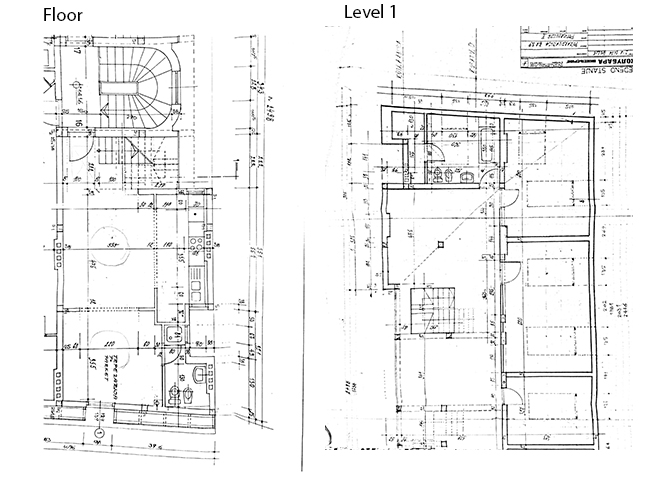Insulation is one of the most critical components of a well-functioning home, yet it’s often overlooked. By controlling the transfer of heat between your home’s interior and exterior, insulation plays a vital role in maintaining comfortable indoor temperatures, reducing energy bills, and improving overall efficiency. Whether you’re building a new house or upgrading an older one, investing in proper insulation can yield significant long-term benefits. For homeowners looking to enhance both insulation and exterior protection, working with experienced cladding installers Melbourne can be a smart choice, ensuring durability and energy efficiency.
In this article, we’ll explore the importance of insulation, the types of insulation available, and why ceiling insulation deserves special attention in creating a cozy and energy-efficient home.
Why Insulation Matters in Your Home
- Energy Efficiency Insulation helps minimize heat loss during the winter and heat gain during the summer, reducing the amount of energy your heating and cooling systems need to maintain a comfortable temperature. A well-insulated home can lower your energy bills significantly, making it a cost-effective way to save money over time.
- Comfort By keeping your home at a consistent temperature, insulation eliminates hot or cold spots and drafts, making your living spaces more comfortable year-round. It also helps dampen noise from outside, adding an extra layer of tranquility to your home.
- Environmental Impact Reduced energy consumption translates into a lower carbon footprint, which is essential for protecting the environment. By properly insulating your home, you can contribute to sustainability efforts while enjoying the financial benefits of lower utility bills.
- Home Value A home with adequate insulation is often more attractive to buyers because it promises lower energy costs and better comfort. If you’re planning to sell your home, improving its insulation can be a smart investment.
The Importance of Ceiling Insulation
While insulation is essential throughout your home, ceiling insulation is particularly important because heat naturally rises. Without proper insulation, heat can escape through the ceiling in the winter or enter your home during the summer, forcing your HVAC system to work harder to maintain a comfortable temperature.
Installing or upgrading ceiling insulation can help:
- Reduce Heat Loss: In colder months, ceiling insulation prevents warm air from escaping through the roof, keeping your home cozy and reducing heating costs.
- Prevent Heat Gain: In the summer, ceiling insulation acts as a barrier, keeping your home cooler by preventing hot air from penetrating through the roof.
- Lower Energy Bills: Since a significant amount of heat is lost or gained through the ceiling, properly insulating this area can lead to noticeable savings on energy costs.
- Improve Indoor Comfort: Ceiling insulation ensures a more consistent indoor temperature, enhancing overall comfort for you and your family.
When considering ceiling insulation, materials such as fiberglass batts, spray foam, or reflective foil are popular choices. Consulting with a professional can help you determine the best option for your home based on your climate and roof structure.
Types of Insulation for Your Home
Different parts of your home may require different types of insulation. Here are some of the most common options:
- Fiberglass Insulation Fiberglass is a versatile and cost-effective option that works well in walls, attics, and ceilings. It comes in rolls or loose-fill and is easy to install.
- Spray Foam Insulation Spray foam provides excellent coverage and seals gaps and cracks effectively. It is ideal for hard-to-reach spaces and offers superior energy efficiency.
- Rigid Foam Boards Rigid foam boards are durable and provide high thermal resistance. They are commonly used in walls, floors, and ceilings.
- Cellulose Insulation Made from recycled paper products, cellulose is an eco-friendly insulation option. It is commonly used in attics and walls.
- Reflective or Radiant Barrier Insulation These materials reflect heat away from your home, making them ideal for hot climates. They are often used in attics and roofs.
Signs Your Home Needs Better Insulation
If your home isn’t adequately insulated, you may notice the following issues:
- Uneven temperatures between rooms
- High energy bills, especially during extreme weather
- Drafts or cold spots
- Ice dams forming on your roof in winter
- Difficulty maintaining a comfortable indoor temperature
If you’re experiencing any of these problems, it may be time to evaluate your home’s insulation and consider improvements, particularly in critical areas like the ceiling and attic.
Proper insulation is essential for creating a comfortable, energy-efficient, and sustainable home. By preventing heat loss and gain, insulation not only lowers your utility bills but also enhances your living experience and contributes to a greener planet. Special attention should be paid to areas like the ceiling, where insulation can make a significant difference in maintaining consistent indoor temperatures.
Whether you’re upgrading your home’s insulation or planning a new construction project, investing in high-quality materials and professional installation will pay off in comfort, cost savings, and environmental benefits. Don’t wait—start enhancing your home’s insulation today to enjoy the long-term rewards!










Comment (0)